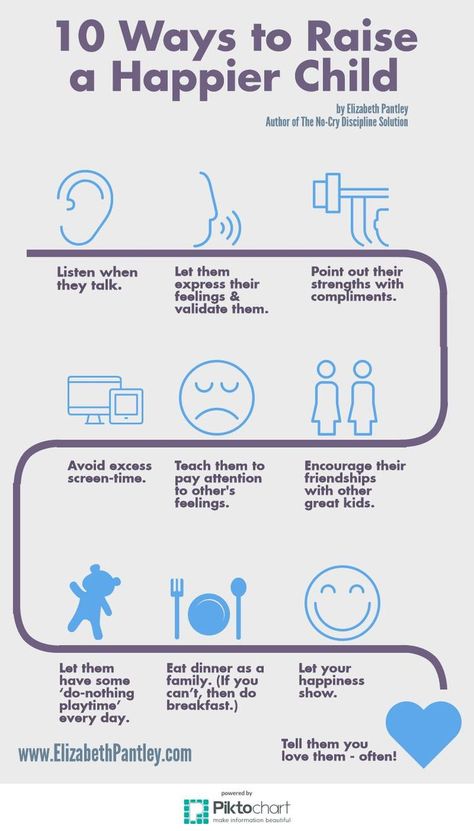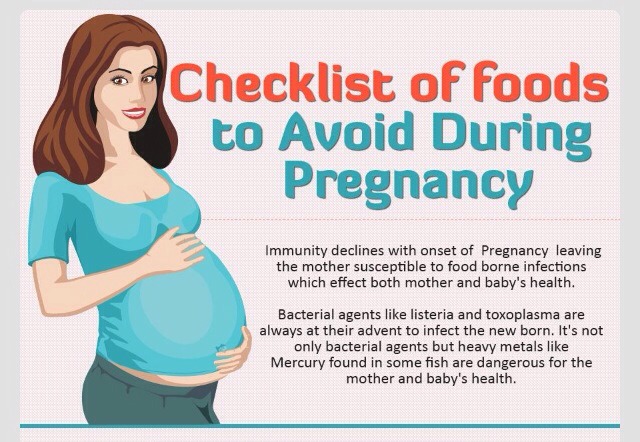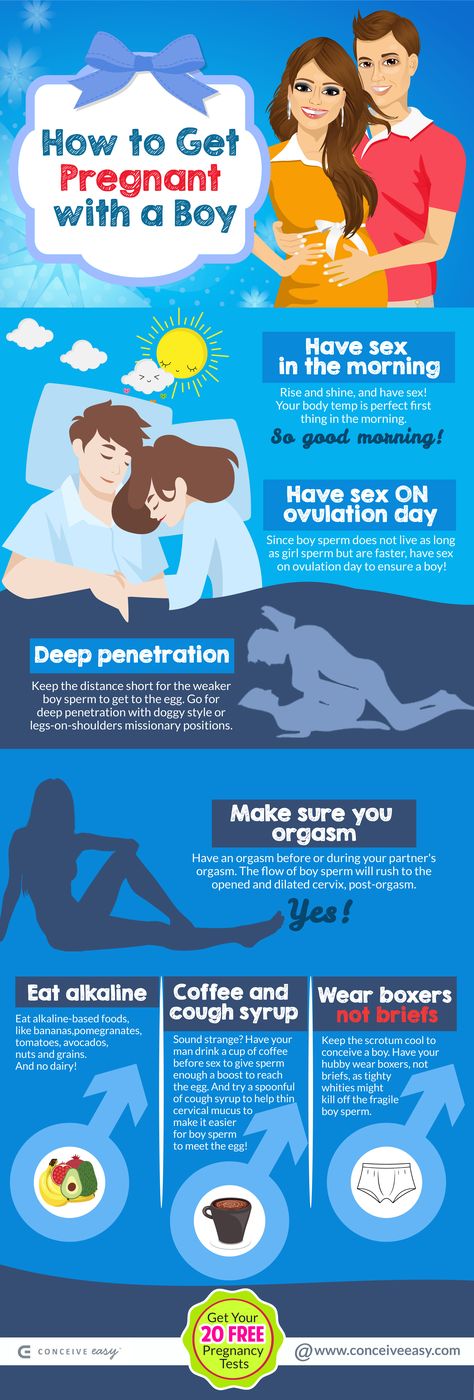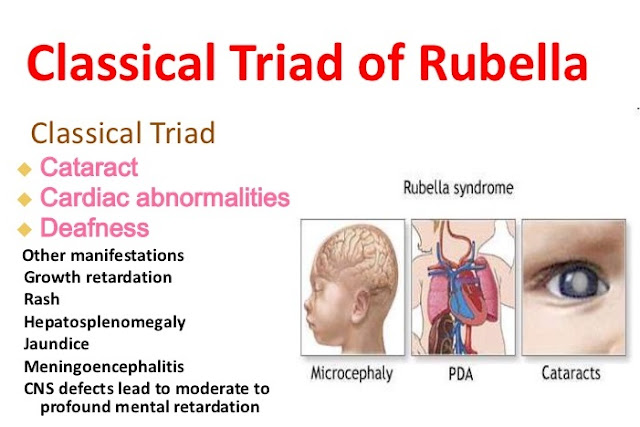Do gynecologist deliver babies
What is the difference between OB/GYN and gynecology?
Many people think OB/GYN and gynecology are the same thing. This is not true! An OB/GYN encompasses two specialties – obstetrics and gynecology – while gynecologists specialize in gynecology only. While a physician can have both medical specializations, there are differences between the two.
A woman’s needs change throughout life, and it’s important to know who you need to see for specific conditions and issues.
Obstetrics
An obstetrician specializes in obstetrics, which deals with all aspects of pregnancy, from prenatal care to post-natal care. An obstetrician delivers babies, whereas a gynecologist does not. An obstetrician can also provide therapies to help you get pregnant, such as fertility treatments. If you deliver a premature baby, an obstetrician can also provide guidance in the Neonatal Intensive Care Unit (NICU). An obstetrician will ensure you have a healthy pregnancy and that you deliver a healthy baby.
Obstetricians are also trained to handle pregnancy complications, such as:
- Ectopic pregnancy, in which the fetus grows outside of the uterus
- Signs of fetal distress, in which the fetus is not doing well for various reasons
- Placenta issues
- Preeclampsia
- Delivery through Cesarean section
An obstetrician can also help you after you have delivered your baby and are dealing with issues such as postpartum depression.
Gynecology
A gynecologist specializes in caring for the reproductive health of a woman from the time she gets her first period all the way to post-menopause.
Any conditions that affect the reproductive system, such as those with the cervix, uterus, ovaries, fallopian tubes, or vagina, are diagnosed and treated by a gynecologist. Gynecologists also perform recommended screenings such as breast exams, pap smears, and pelvic exams. They also perform hysterectomies and tubal ligations. A gynecologist can also provide human papillomavirus (HPV) shots to protect against cancer-causing HPV.
Gynecologists can also provide advice on sexual matters, such as responsible sexual practices, contraceptives, and protection against sexually transmitted diseases. All in all, if it’s a non-pregnancy issue that is related to female reproductive health, a gynecologist can take care of it.
A gynecologist may diagnose and treat issues, such as:
- Irregular menstruation
- Vaginal infections
- Conditions that cause pain during sex
- Cancers of the reproductive system
- Prolapse of pelvic organs
- Endometriosis
- Cervical and vaginal polyps
- Ovarian cysts
- Uterine fibroids
Many physicians specialize in both obstetrics and gynecology to provide comprehensive care to patients. This way, they can address the full spectrum of their patients’ healthcare needs. These physicians are called OB/GYNs.
OB/GYN and Gynecology Services in Wooster Community Hospital
At Wooster Community Hospital, our gynecologists provide full-service medical care for your sexual and reproductive health care needs. We have two women’s centers: The Women’s Specialty Center and Bloomington Women’s Care.
We have two women’s centers: The Women’s Specialty Center and Bloomington Women’s Care.
Our obstetricians also offer comprehensive pregnancy care services at our Woman’s Pavilion. Regardless of what kind of care you need, we have compassionate obstetricians and gynecologists ready to provide you with the highest quality personalized care.
For more information about our obstetrics and gynecology services or to schedule an appointment, call Wooster Community Hospital at (330) 263-8144.
What Is an Obstetrician? What They Do & When To See One
What is an obstetrician?
Obstetricians specialize in caring for people during preconception, pregnancy, childbirth and the first several weeks postpartum (after childbirth). They manage and treat health conditions associated with pregnancy to ensure both you and your baby are healthy.
What does an obstetrician do?
An obstetrician provides routine prenatal care to people who are pregnant. They also diagnose and treat complications during pregnancy.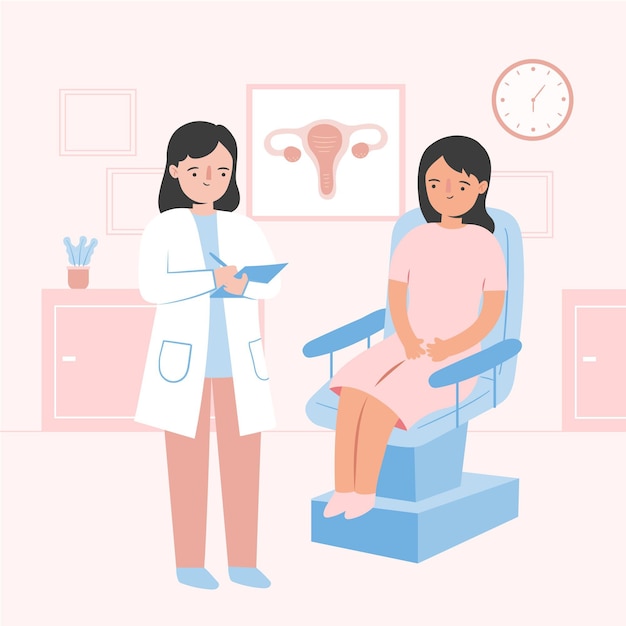 Obstetricians deliver your baby and monitor you after childbirth.
Obstetricians deliver your baby and monitor you after childbirth.
Your obstetrician is responsible for:
- Prenatal screenings, exams and lab tests.
- Evaluating your baby’s size, growth and position in your uterus.
- Detecting congenital anomalies or potential complications in conjunction with maternal-fetal medicine providers.
- Using ultrasound, blood tests, urinalysis and other tools to monitor your pregnancy.
- Treating health conditions that can affect your pregnancy or your baby.
- Managing labor and delivery, including labor induction, emergencies and medications.
- Providing postpartum care for up to six weeks after childbirth.
What's the difference between an obstetrician and a gynecologist?
An obstetrician provides care during pregnancy and delivers babies. A gynecologist doesn’t treat people who are pregnant or deliver babies, but specializes in the female reproductive system. It’s common for healthcare providers to combine these two areas of medicine. This is called obstetrics and gynecology or Ob/Gyn.
This is called obstetrics and gynecology or Ob/Gyn.
What's the difference between an obstetrician and a midwife?
A midwife provides the same care as an obstetrician, but they didn’t attend a medical school like an obstetrician. Midwives are professionally trained and certified to assist people who are pregnant in their prenatal care and delivery. Midwives tend to let people who are pregnant have more control over their baby’s birth. People who are pregnant may seek a midwife when they’re experiencing a low-risk pregnancy and desire aspects like fewer medical interventions or alternative pain methods. Some people will have a midwife in the delivery room with their obstetrician as an additional support person. Midwives work with obstetricians if additional care is necessary.
How does someone become an obstetrician?
First, you get a bachelor’s degree. Then, you pass the Medical College Admissions Test (MCAT) to get into a medical school. It usually takes about four years to earn a medical degree.
From there, you spend about four years in a residency program. In a residency program, you gain experience diagnosing and treating people who are pregnant and participating in births.
Some obstetricians receive extra training in subspecialties like maternal-fetal medicine (MFM), which focuses on caring for people who are pregnant and have chronic health conditions or issues that make them high-risk.
After residency, you can become certified through the American Board of Obstetrics and Gynecology (ABOG). This involves passing an oral and written exam. Some obstetricians are members of the American College of Obstetricians and Gynecologists (ACOG), a professional organization for gynecologists and obstetricians.
Obstetricians must get a license to practice medicine. The requirements vary by state, but obstetricians must pass an examination to get their medical license and treat people.
What conditions do obstetricians treat?
In addition to monitoring your general wellness during pregnancy, obstetricians check for complications, diseases or conditions associated with pregnancy. They also monitor your growing baby’s health by measuring fundal height and doing ultrasounds.
They also monitor your growing baby’s health by measuring fundal height and doing ultrasounds.
Some of the most common conditions they help manage are:
- High blood pressure or preeclampsia.
- Ectopic pregnancies or miscarriages.
- Issues with the placenta like placental abruption.
- Morning sickness or nausea.
- Gestational diabetes.
- Infections.
- Muscle aches and pains.
- Genetic disorders.
Some obstetricians have additional experience managing higher-risk pregnancies. A high-risk pregnancy has a greater chance of complications. If the pregnancy is too high risk or beyond your obstetrician’s comfort level, they may refer you to a maternal-fetal medicine specialist.
What surgeries do obstetricians perform?
Obstetricians can perform surgeries related to pregnancy, labor and delivery. Some of the most common surgical procedures are:
- Episiotomy.
- Dilation and curettage (D&C).

- Vaginal delivery.
- Cesarean delivery.
- Cervical cerclage.
- Using forceps or a vacuum to assist with the birth.
When would I need to see an obstetrician?
You should see an obstetrician as soon as you know you’re pregnant. Obstetricians care for you and your baby for the duration of your pregnancy and several weeks postpartum (after you give birth).
You’ll see an obstetrician for the first time around seven or eight weeks after your last menstrual period and then monthly, biweekly and weekly as you near your due date. Most practices schedule a postpartum visit with your obstetrician about six weeks after you’ve given birth to make sure no other complications have developed.
Your prenatal care is centered around detecting potential complications at office visits or through exams and lab tests.
Some of the prenatal screenings, exams and routine lab tests you need during pregnancy are:
- Complete blood count (CBC) and other blood panels.

- Pap smear.
- Urinalysis.
- Screenings for sexually transmitted infections (STIs).
- Ultrasounds to assess the placenta and uterus.
- Group B Streptococcus screen.
- Glucose tolerance test (screens for gestational diabetes).
- Quad screening blood test for congenital disabilities.
- Fetal assessments using ultrasound and Doppler transducer.
After birth, your obstetrician monitors your bleeding, bowel and bladder function and checks you for signs of blood clots or other postpartum conditions. They’ll allow you to go home between one and four days later if your recovery is going well.
You’ll see your obstetrician at two or six weeks for a postpartum visit depending on medical issues associated with your pregnancy. During this visit, your healthcare provider will:
- Perform a pelvic exam and breast exam (if necessary).
- Make sure your uterus has returned to its pre-pregnancy size.
- Discuss your bleeding and other symptoms you’ve had during recovery.

- Talk to you about postpartum depression and postpartum anxiety.
- Determine if you can resume normal activities.
- Discuss birth control options and future pregnancies.
How do I choose an obstetrician?
Choosing an obstetrician you feel comfortable with can make your pregnancy and birthing experience more enjoyable. If possible, find an obstetrician or Ob/Gyn before getting pregnant. Ask your friends and family who they recommend or go online to read reviews. Your primary care physician or other healthcare providers can also recommend obstetricians.
Be sure to think about what is important to you during pregnancy and childbirth. Making a checklist may help. Some questions you may want to ask yourself are:
- Do I feel comfortable with this healthcare provider? Does my partner?
- Does this healthcare provider explain things clearly and answer my questions?
- What are this healthcare provider’s views on vaginal delivery, unmedicated birth or other things that are important to me?
- Who covers my care if my preferred provider isn’t available?
Some obstetricians or Ob/Gyns are in a group practice. Group practices often want you to see as many healthcare providers as possible for your prenatal care. This is because the obstetrician who is on-call the day you go into labor will deliver your baby. If you have a healthcare provider preference for prenatal visits, some practices can accommodate you. In the case of a scheduled C-section, you may have a greater chance of selecting your obstetrician.
Group practices often want you to see as many healthcare providers as possible for your prenatal care. This is because the obstetrician who is on-call the day you go into labor will deliver your baby. If you have a healthcare provider preference for prenatal visits, some practices can accommodate you. In the case of a scheduled C-section, you may have a greater chance of selecting your obstetrician.
It’s natural to prefer one healthcare provider over another. Remember that all obstetricians are trained and experienced in pregnancy and childbirth and want what’s best for your pregnancy.
Do obstetricians do C-sections?
Yes, your obstetrician received special surgical training to perform C-sections. They can handle any surgical emergencies during delivery.
A note from Cleveland Clinic
An obstetrician specializes in caring for people who are pregnant and delivering babies. They help treat conditions during pregnancy that could affect your or your baby’s health. Don’t be afraid to ask them questions about your pregnancy, your baby and what you can expect during labor and delivery. They’re there to support you and give you and your baby the best care possible. You and your obstetrician both have the shared goal of a healthy pregnancy and a healthy baby.
Don’t be afraid to ask them questions about your pregnancy, your baby and what you can expect during labor and delivery. They’re there to support you and give you and your baby the best care possible. You and your obstetrician both have the shared goal of a healthy pregnancy and a healthy baby.
Rules of life for obstetricians who delivered thousands of births in Novosibirsk - May 27, 2019
These people helped tens of thousands of Novosibirsk born and after years of work love their job. Obstetricians and gynecologists are often recognized on the street, almost like stars - they show them grown-up babies or send photos to WhatsApp . It is believed that the work of these doctors is not as difficult as, for example, that of neurosurgeons, in fact, an obstetrician-gynecologist must combine many specialties and have the knowledge of a therapist, be able to operate and even be a psychologist. Four Novosibirsk doctors, who know everything about the birth of a person, told the NHS correspondent about the miracle of a new life, dependence on their work and strange complaints from patients. nine0004
nine0004
Alina Grigoryeva, obstetrician-gynecologist of the obstetric department of the Novosibirsk Regional Hospital, 23 years of experience:
Alina Grigoryeva believes that not everyone can be an obstetrician - you really need to love this business
9001 Photo: Alexander Oshchepkov / NGSShare
The birth of life — is a miracle , and despite experience, experience, every time a child is born, we are all very happy. There are no simple births, there is always a certain tension, a certain stress. But when a child is born, it is a light and an explosion of joy. We always ask who will be, a boy or a girl, what is the name. And we say: "Maxim, welcome to Earth", if there is no name, then we say: "Baby, welcome." And for a child, this is very important - from the standpoint of perinatal psychology, that this is an emotionally positive moment - and mothers are usually very happy. nine0009
After a thousand births, I stopped counting.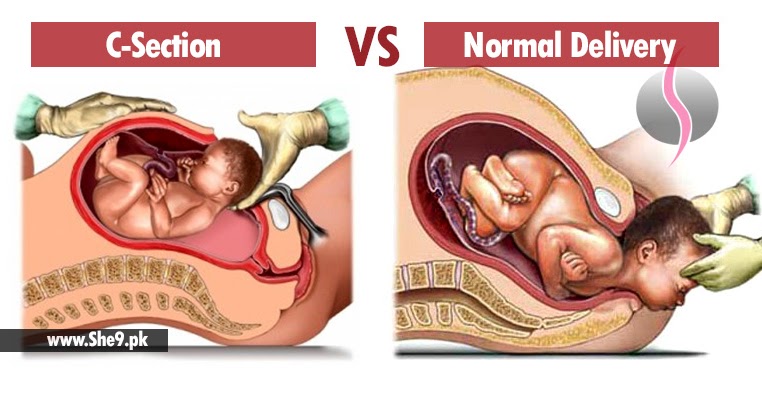 There are 400-500 births a year in which I [participated]. For us, it doesn’t matter what kind of childbirth it is - the thousandth or the second, the main thing is that they are successful. It is important when our patients return to us for their second, third, fifth child. Recently I met my patients at the zoo - both girls who were born to me. They are already big, and, of course, I would never recognize them. But parents always find out, and, of course, they are not ready for this, we are not stars, but ordinary people. nine0009
There are 400-500 births a year in which I [participated]. For us, it doesn’t matter what kind of childbirth it is - the thousandth or the second, the main thing is that they are successful. It is important when our patients return to us for their second, third, fifth child. Recently I met my patients at the zoo - both girls who were born to me. They are already big, and, of course, I would never recognize them. But parents always find out, and, of course, they are not ready for this, we are not stars, but ordinary people. nine0009
Now the average childbirth is at the age of 30, 33-35 years. Most of them try to make a career, improve their financial situation, solve problems with housing, and then only have a child. There are people who have been going to this for years, who have had great efforts behind them, attempts to treat infertility - there are those too. The optimal age from the position of an obstetrician-gynecologist is up to 25, but there are only a few of them. From the position of a doctor, from the position of health, this is not very good, but from the position of a mother ... I believe that a person should be ready for motherhood. If a person is not ready at the age of 20, he does not need to have children. nine0010
From the position of a doctor, from the position of health, this is not very good, but from the position of a mother ... I believe that a person should be ready for motherhood. If a person is not ready at the age of 20, he does not need to have children. nine0010
Some people don't even need it at 40, they're not ready. They are going to realize themselves as parents because it is accepted in society, but in fact we see that they are emotionally immature. They do not perceive the child as a child, but as a duty - and from the outside it looks sad.
There are different circumstances why a person goes for an abortion . But it should always be a conscious, inner decision of every woman. From the position of an obstetrician, I do not welcome this - abortion. A person must understand what he is doing, abortion is not just an abortion, it is a very big sin. Many come to us: “I had difficult long-term attempts at pregnancy, difficult bearing ...”. And we look - before that, two or three abortions.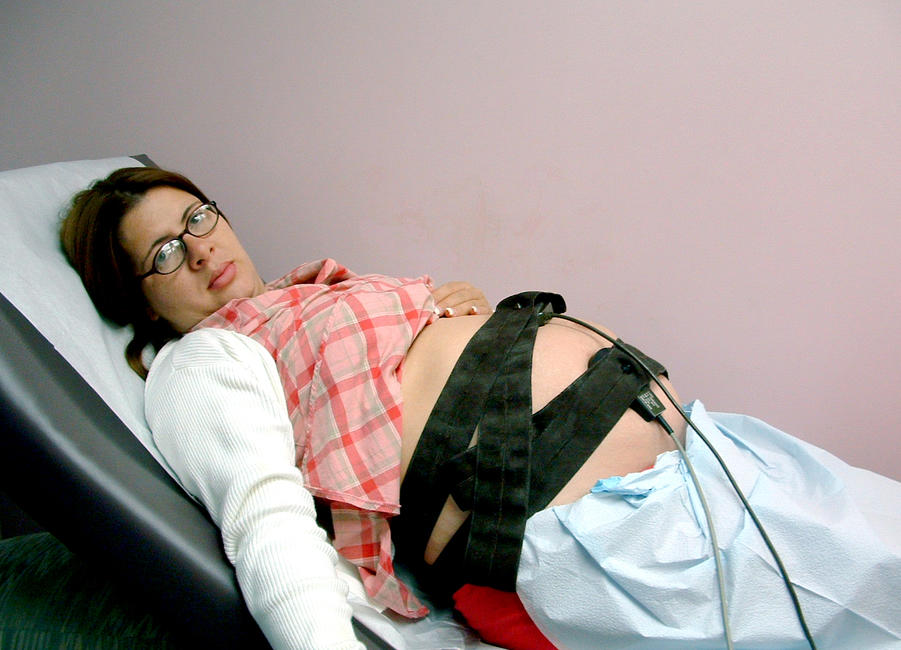 You have to pay for everything in life. Medically speaking, that's another matter entirely. Now the main medical indications are malformations. If a person initially knows that his health is not very good, there is contraception. nine0009
You have to pay for everything in life. Medically speaking, that's another matter entirely. Now the main medical indications are malformations. If a person initially knows that his health is not very good, there is contraception. nine0009
She teaches young doctors not to look at the financial situation of patients and their status and treat everyone equally
Photo: Alexander Oshchepkov / NGS
Share
No information can be given by phone now . If you call our department and say: “But Masha Petrova is lying? gave birth? Whom and how? ”, Everyone has a standard answer:“ We do not provide any information by phone, the law on medical secrecy. But before, they didn’t do that, and angry relatives start yelling into the phone: “How, on what basis, yes, I have the right, but you killed her there!” But Masha did not give her consent for us to inform everyone by phone about her health. And it is not our duty to argue with someone. And there are always negative reviews and there will be, there are people who are very dissatisfied, they believe that we are service personnel, we should smile, bring food to them on a golden platter. But this is their perception - and the level of education. nine0009
And it is not our duty to argue with someone. And there are always negative reviews and there will be, there are people who are very dissatisfied, they believe that we are service personnel, we should smile, bring food to them on a golden platter. But this is their perception - and the level of education. nine0009
We treat everyone equally - and village women (this is the regional maternity hospital), city women, for paid services and for free, we have foreigners. The doctor has no preferences and territorial boundaries.
And we teach this to young doctors - there should not be priorities in appearance, there should not be priorities in material support, in the high cost of the phone, everyone is first of all people.
Obstetrics — it's a profession you either love or it's impossible to work here and those who love midwifery are a kind of drug for them. This work is not boring. Of course, we get tired, sometimes it is so intense, difficult, the whole team is exhausted, but all the same, positive emotions from the birth of children - they block everything. You know, I didn’t say this to women before, but now I have become ... When they say: “It will be so hard for me, it will hurt, it will be difficult,” I answer:
You know, I didn’t say this to women before, but now I have become ... When they say: “It will be so hard for me, it will hurt, it will be difficult,” I answer:
“That's why we love them so much, our children, because we get them so hard.”
Irina Matveeva, Deputy Chief Physician for Obstetric and Gynecological Care, City Hospital No. 25, obstetrician-gynecologist, 23 years of experience: she tries to keep up
Photo: Alexander Oshchepkov / NGS
Share
As Confucius said: “If you choose what you love, you won't have to work a single day”, and I really like this phrase. By the way, in my childhood I didn’t have a problem where to go to work - my parents are teachers, my mother once dreamed of being a doctor, and when I played with some dolls, I liked to give them injections, treat, watch, and Already at school I knew that I would be a doctor.
I saw my first childbirth when I was still a student at the institute. It wasn't scary0004, because this is really the creation of life. There is no feeling that this is something not very beautiful, the blood, the torment of a woman. It comes to the fore that the child was born, this is a new person, a new life, a new destiny. First of all, this moment of some insight. Now the same. And even if the birth ends at three in the morning and I spend the whole weekend here, I will get the maximum pleasure.
My godson turned 21 this year - and this was the first birth , which I took from my friends, girlfriends. And now, when I look at this young man, I do not believe! I seem to be looking at myself - I am completely preserved, and the child is already 21 years old! And I remember it like yesterday - how I came to this birth, how I supported her, how everything was.
There are a lot of women now giving birth again. Now there are many women who give birth for the third time, fourth, fifth, seventh.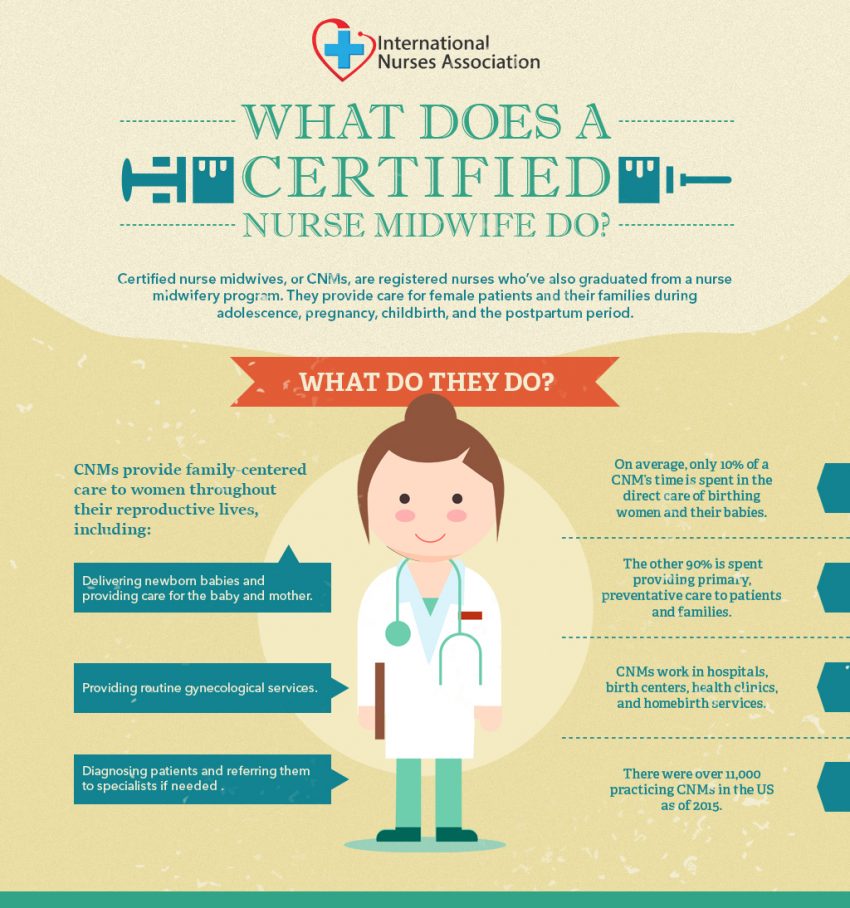 This year we had a patient who had her tenth birth.
This year we had a patient who had her tenth birth.
There are not so many young people, the average age of a woman giving birth now is - about 27-33 years old . Twenty years ago it was about 21-25. Why later began to give birth? Probably, someone in the foreground is a career, a material component. First, people get on their feet and when they already understand that they can give a child a full life, education, development, then they already get married and think about having children.
For some women, such as those from Eastern countries, the husband does not allow a caesarean section , and she has all the indications for a caesarean section. Now you yourself know that all these court cases, and a step aside, they can immediately come and punish. We therefore have strict clinical protocols and recommendations, which we not only adhere to, but must strictly follow. And when "I want - I don't want" - there is simply no such thing. We must persuade the patient, for this there are consultations with the involvement of specialists - both anesthesiologists and neonatologists - we explain to the patient what's what.
We must persuade the patient, for this there are consultations with the involvement of specialists - both anesthesiologists and neonatologists - we explain to the patient what's what.
Hospitals dissuade patients from having abortions, because a woman should have a really conscious understanding that she wants this, doctor says
Photo: Alexander Oshchepkov / NGS
Share
Unfortunately, there are moments that do not always depend on the doctor . Anatomy, physiology... The patient has certain problems, diseases that complicate the course of pregnancy, the course of the postpartum, postoperative period. When something does not happen the way you would like, it is clear that the doctor is blamed for everything. As for various points - court cases and everything else - of course, I didn’t want to talk about it, but they also happen in the work, both dentists and obstetricians-gynecologists have these complaints. And we are among all categories of doctors in the first place. After all, we are responsible for at least two lives - and even for three. nine0009
And we are among all categories of doctors in the first place. After all, we are responsible for at least two lives - and even for three. nine0009
There are situations when a patient comes to the maternity hospital with a full-term pregnancy, but the fetus has already died . We also give birth, but instead of this feeling of joy, tears of maternal joy, you feel such a feeling of pain, regret. Because sometimes you can’t even name the reason why it happened. Each such case is tragic. And as a leader, I have to report and talk about such situations not only with my mother, but also with the father [of the child] and with the parents of this woman. It is very difficult. nine0010
Before, I won't lie, I used to come - and when I was talking, my eyes were filled with tears, I was not even embarrassed of them, because I could not cope with myself. Lately, I've been trying to control myself.
From abortions? Answering . There are certain rules by which we work.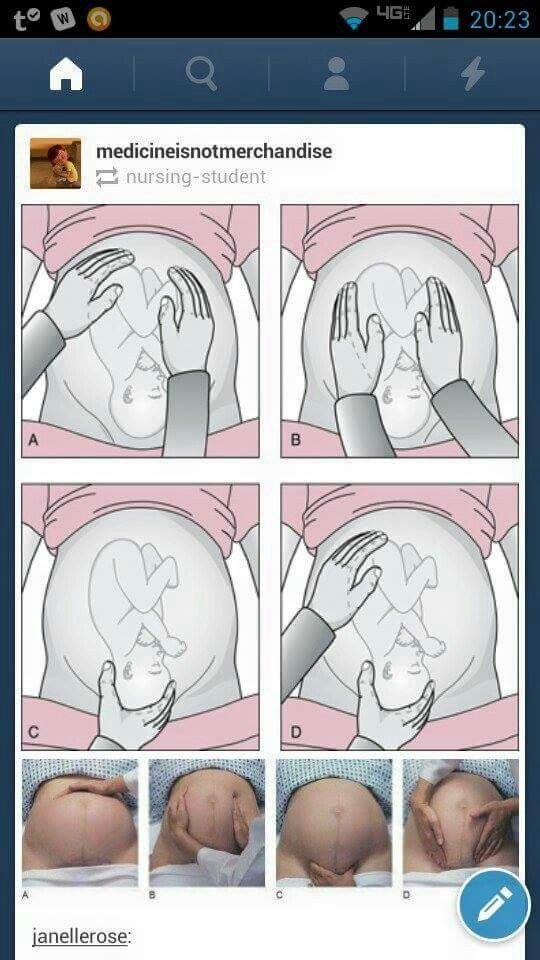 A psychologist's consultation must necessarily take place, and after a certain time, if the decision remains justified for her, only then does the patient come for a medical abortion. Not like it used to be, an abortion at will. Now we're really trying to talk to patients. By the way, lately abandoned children are much less - 2-3 per year. And before it was about 10.
A psychologist's consultation must necessarily take place, and after a certain time, if the decision remains justified for her, only then does the patient come for a medical abortion. Not like it used to be, an abortion at will. Now we're really trying to talk to patients. By the way, lately abandoned children are much less - 2-3 per year. And before it was about 10.
Time to some extent breaks our ambitions, and we become “for the patient”. And we really do everything for the patient. Of course, for myself too, because the satisfaction from what has been done is worth all the energy costs, emotional [costs] and nerves, tears. Because you meet families, and grandmother sometimes says: “Petya, look, this aunt accepted you!”
Sargis Khachatryan, obstetrician-gynecologist of the obstetric department of the Novosibirsk Regional Hospital, experience 10 years:
Pregnant women do not hesitate to go to childbirth to male doctors, Sargis Khachatryan dispelled the stereotype
Photo: Alexander Oshchepkov / NGS
it is truly a miracle of the birth of a child, a person. And the first childbirth that I did myself was my second rebirth, because it's stressful! Everything went well, and I saw what a responsible and difficult job it was. Of course, those who constantly say that this is a miracle - I will not be surprised that they are cunning: now we are in such conditions that we have to treat this as work. A person gets used to good things very quickly. But when you go on vacation or the maternity hospital closes for a while, you realize that you really need her (work. - Approx. ed. ) is missing. There is a dependency, yes.
Male obstetrician-gynecologists are much less than female. If I were sitting in the antenatal clinic, the queue to my office would be much shorter than that of other women. But we are in a hospital, and at first, when I earned my seniority and a name, they had no choice, since I was the only doctor on duty. And since this is a surgical profession, I think that women love men more, because men have been surgeons for longer from generation to generation. I do not underestimate the merits of female surgeons and female obstetrician-gynecologists, but I have not had a single case when a patient would say: "I want to have a female doctor." nine0009
And since this is a surgical profession, I think that women love men more, because men have been surgeons for longer from generation to generation. I do not underestimate the merits of female surgeons and female obstetrician-gynecologists, but I have not had a single case when a patient would say: "I want to have a female doctor." nine0009
Home birth - it's really trendy now . But I do not know who introduced this fashion and why. In all civilized countries, if there is a home birth, then next to the house there is a trailer on duty, I don’t know, a truck with a set of drugs and tools, if you suddenly need emergency assistance, then this assistance will be provided. And just to give birth at home, without informing anyone, I believe that this is wrong and a sane person will never be exposed to such a risk. nine0009
Now diseases do not know the age of , and [we give birth] to really young girls who have serious diseases - both asthma and heart defects, you can list a lot . .. Our maternity hospital is so specific that we have always given birth to different patients, regardless of age. The main thing is the pathology, the reason why she ends up in a third-level hospital.
.. Our maternity hospital is so specific that we have always given birth to different patients, regardless of age. The main thing is the pathology, the reason why she ends up in a third-level hospital.
He works with a difficult category of women in labor - they usually have serious illnesses
Photo: Alexander Oshchepkov / NGS
Share
But if you look at all women, then indeed the average age of a primiparous woman - has grown and is about 29-30 years old . I think that this, if taken in a global sense, these are not some separate things that they talk about -
women want self-sufficiency, they want to work and they want independence from men. I think that there should be such a policy in the country that women give birth - women should give birth to children. nine0010
When there are good conditions, when a man has enough money to support his family, I think that women will calmly stay at home and take care of [children]. It worries me, I can talk about it for hours.
It worries me, I can talk about it for hours.
With a short pregnancy, I rarely worked . But at the very beginning, at first, I worked in the Iskitim hospital. There were two cases where I talked patients out of having an abortion. They (the reasons for the abortion. - Ed. ) were related to the financial support of the family and simply the lack of support from other family members. (Ed.: What is your general attitude towards abortion?) Negative. Only under strict conditions. This is connected both with their own worldview and with the situation in the country, including demographics. I believe that we are all part of society, and we must do what is best for the country and for the survival of the people. nine0009
When there is some kind of complication, given what kind of profession we have and what kind of supervision it is, what kind of surveillance it is on the part of the investigating authorities, on your part - the media, then we walk on the edge of a knife.
And a step to the left, a step to the right from some generally accepted rules , from how ordinary people are used to perceive our work, when they see that something is wrong, then doctors automatically become enemies. This is the first. And the second side is a personal feeling of failure, when there is some kind of complication. It is necessary to translate this demotivation into the concept that you just need to work on yourself. There are no complications for those who do not work. And the one who works - he will always have some problems and shortcomings, you need to be able to overcome this. And in the morning shave, drink coffee and go to work. Do it the right way. nine0009
I think that I had 3.5 thousand births somewhere. Now I presented the number of children - I felt bad! In fact, it is a very pleasant feeling when patients somewhere on the street, in a park, in a shopping center meet you, smile, say hello, show the baby. It's really very nice.
It's really very nice.
Irina Kokhan, head of the maternity department of the city perinatal center, obstetrician-gynecologist, almost 30 years of experience:
Irina Kokhan had to give birth even on the train
Photo: Alexander Oshchepkov / NGS
Share
Become an obstetrician? It was a dream from childhood , because my father is a military doctor, and from childhood I went on duty with him, to the operating room. And my dream came true.
All births are to some extent scary for us , because we are always worried, worried about their outcome - both for mother and child. I remember, of course, despite the fact that many years have passed, the first birth. There was surprise and excitement, and delight from the fact that you helped - and now a person was born. nine0009
There was even a case when I had to give birth on the train [it happened in 1992-1993] with a woman I didn't know.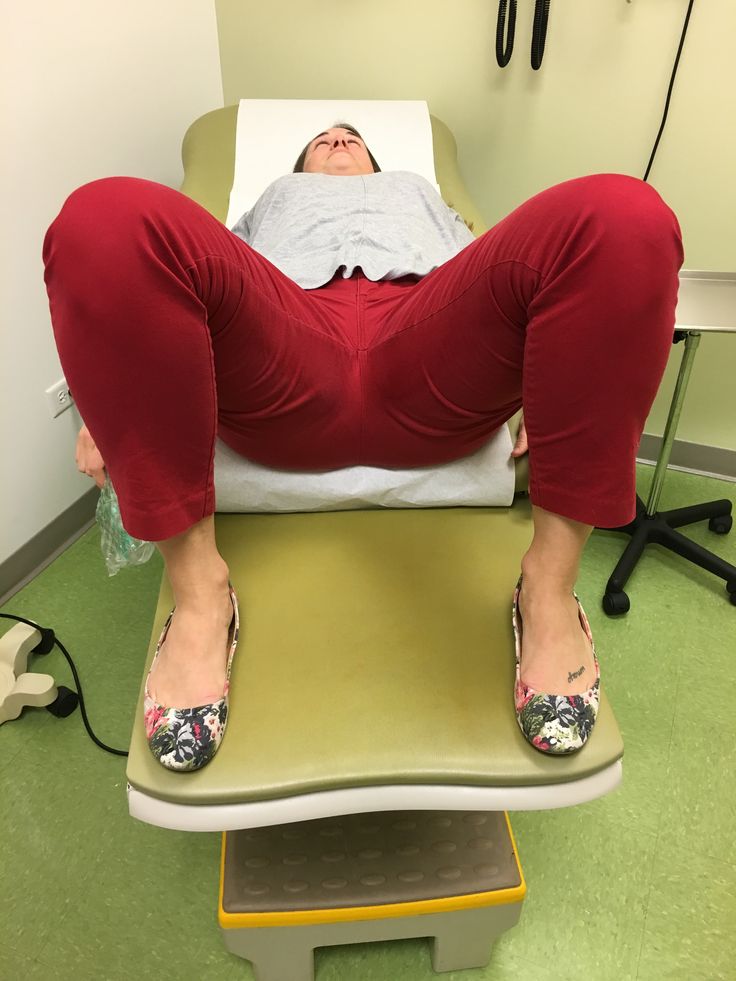 It was very scary when you were left alone in such a situation. Because here, within the walls of the institution, everyone is a friendly team, everyone is nearby, who can help, all the equipment, equipment. Everything is calm, you feel support. But everything went well, the girl was born. The grandmother of this girl wrote a letter addressed to [chief physician Pozdnyakov] Ivan Mikhailovich with words of gratitude. nine0009
It was very scary when you were left alone in such a situation. Because here, within the walls of the institution, everyone is a friendly team, everyone is nearby, who can help, all the equipment, equipment. Everything is calm, you feel support. But everything went well, the girl was born. The grandmother of this girl wrote a letter addressed to [chief physician Pozdnyakov] Ivan Mikhailovich with words of gratitude. nine0009
It seems to me that every woman should experience the feeling of motherhood because these feelings are incomparable. Of course, due to some circumstances, not everyone succeeds [to get pregnant], we perceive this with sadness and sadness.
In recent years, the number of age-related primiparous has been increasing due to various reasons. Life circumstances make you first pursue a career, then think about family, about children. Someone has health problems. High technologies allow women at the age of 40-43 to come for the first time. Age does not matter in order to become a mother - everyone, probably, has different goals in life, and each one suits individually ... Old women got these children like golden children, they went through suffering and therefore are more consciously fit than those who at the age of 17-18, not yet realizing what is happening to them, they become mothers. nine0009
Age does not matter in order to become a mother - everyone, probably, has different goals in life, and each one suits individually ... Old women got these children like golden children, they went through suffering and therefore are more consciously fit than those who at the age of 17-18, not yet realizing what is happening to them, they become mothers. nine0009
Lately it has somehow become less, and earlier there were a lot of abandoned children . Social services work with these women, psychologists, because how can you refuse a small miracle? Most often, this is a financial situation, a social position that does not allow [to leave a child]. (Ed.: Do you also have a negative attitude towards abortions?)
We are people of the profession who stand at the origins of life, therefore abortions [we do not welcome].
No matter how much we want, there are unpleasant situations , fortunately for us - rarely. Outwardly, of course, we try not to show it, but after all these cases, patients remain in our hearts, and we worry, as a human being, we always feel sorry for women, we understand how hard it is for her when some adverse outcomes happen. But this is work, and, unfortunately, such situations happen in our work, often not connected with us, with our actions, but nevertheless they exist. For example, when a woman is carrying a pregnancy, and at full term, her child dies in utero... Of course, this is a tragedy for everyone, and we are humanly sorry. We sympathize, empathize, support. nine0009
But this is work, and, unfortunately, such situations happen in our work, often not connected with us, with our actions, but nevertheless they exist. For example, when a woman is carrying a pregnancy, and at full term, her child dies in utero... Of course, this is a tragedy for everyone, and we are humanly sorry. We sympathize, empathize, support. nine0009
Our work cannot become a routine because each time there are new faces and new situations that we have to deal with. Each new birth, each loud cry - it always pleases, we always perceive it with excitement. After all, man was born.
Earlier, the NHS recorded monologues of women who help the terminally ill every day, — they told about loneliness, disgust and happiness to work not for money. nine0178
How obstetricians-gynecologists give birth - Other rules of Victoria Sysoeva - LiveJournal
This post has been mature for a long time, but six months ago I decided that I would definitely write it. Then I ended up with the editor-in-chief of "Rhoda.ru" Tatyana Butskaya in one of the Moscow maternity hospitals. We talked with a young and very pleasant girl, an obstetrician-gynecologist, head of the department and mother of a small child. I'll call her Olga for the sake of conspiracy. And at some point I ask her: “Tell me, how did you give birth badly?” I ask this because by this moment I already had a strong feeling that no one gives birth more problematic than obstetrician-gynecologists. And I ask them all in my way, in general, tactlessly. Olya waved her hands: “Why is it bad? We used all the possibilities, and when it became clear exactly what was not working, we performed a caesarean section.” “Yeah,” I say, “that is, it was still a cesarean.” Tanya at this moment makes round eyes and tramples on my leg, apparently hinting that I should shut up. Of course, I shut up, I don’t feel sorry, well, you never know what the circumstances might be. Then she tells me a story in colors (it’s just that Tanya is supposed to know everything about everyone by her position).
Then I ended up with the editor-in-chief of "Rhoda.ru" Tatyana Butskaya in one of the Moscow maternity hospitals. We talked with a young and very pleasant girl, an obstetrician-gynecologist, head of the department and mother of a small child. I'll call her Olga for the sake of conspiracy. And at some point I ask her: “Tell me, how did you give birth badly?” I ask this because by this moment I already had a strong feeling that no one gives birth more problematic than obstetrician-gynecologists. And I ask them all in my way, in general, tactlessly. Olya waved her hands: “Why is it bad? We used all the possibilities, and when it became clear exactly what was not working, we performed a caesarean section.” “Yeah,” I say, “that is, it was still a cesarean.” Tanya at this moment makes round eyes and tramples on my leg, apparently hinting that I should shut up. Of course, I shut up, I don’t feel sorry, well, you never know what the circumstances might be. Then she tells me a story in colors (it’s just that Tanya is supposed to know everything about everyone by her position). The fact is that Olya's husband is an excellent chief physician of the maternity hospital (another, not the one in which she works). He is adored by women, he accepts any childbirth - through the natural birth canal, in breech presentation, does a caesarean section - there is no doubt about his high professionalism. So, when it came time to give birth to his wife, that is, Olya, he did not go with her to the birth, he did not go to the hospital with her at all, he asked her mentor to take her birth. And in those hours that she gave birth, he was in an unsuitable state. This story made a big impression on me for many reasons. And also because, for example, my husband (an investment banker by profession) in the delivery room was, although an amateur, but a super-efficient assistant. nine0010
The fact is that Olya's husband is an excellent chief physician of the maternity hospital (another, not the one in which she works). He is adored by women, he accepts any childbirth - through the natural birth canal, in breech presentation, does a caesarean section - there is no doubt about his high professionalism. So, when it came time to give birth to his wife, that is, Olya, he did not go with her to the birth, he did not go to the hospital with her at all, he asked her mentor to take her birth. And in those hours that she gave birth, he was in an unsuitable state. This story made a big impression on me for many reasons. And also because, for example, my husband (an investment banker by profession) in the delivery room was, although an amateur, but a super-efficient assistant. nine0010
In general, this whole story was the one hundred and fiftieth in a series of stories about how obstetricians-gynecologists that I know give birth. It all started with the fact that when I was looking for a doctor 11 years ago who would take my first birth with me, I really wanted to find an obstetrician-gynecologist - a woman - a mother of many children. When I told someone about this, everyone made round eyes and said that there were none. But I found (they exist, but this is a really rare species, unlike, say, pediatricians with many children) and came to see her. She me wildly, simply disastrously disliked. What would you think? With his indifference - a quality, in principle, quite rare for an obstetrician-gynecologist of a maternity hospital. But when I found my ideal doctor, then, of course, it turned out that she gave birth to her child as a result of an emergency caesarean section. As a result, I decided to give up on personal experience and pay attention only to personal sympathy, professionalism and universal adequacy. nine0010
When I told someone about this, everyone made round eyes and said that there were none. But I found (they exist, but this is a really rare species, unlike, say, pediatricians with many children) and came to see her. She me wildly, simply disastrously disliked. What would you think? With his indifference - a quality, in principle, quite rare for an obstetrician-gynecologist of a maternity hospital. But when I found my ideal doctor, then, of course, it turned out that she gave birth to her child as a result of an emergency caesarean section. As a result, I decided to give up on personal experience and pay attention only to personal sympathy, professionalism and universal adequacy. nine0010
A year after me, my cousin became pregnant with her first child. Obstetrician-gynecologist, candidate of medical sciences, deputy chief physician of the maternity hospital. At the 5th month of pregnancy, she moved to work, that is, she settled in the pathology department of her maternity hospital, where she remained until the birth.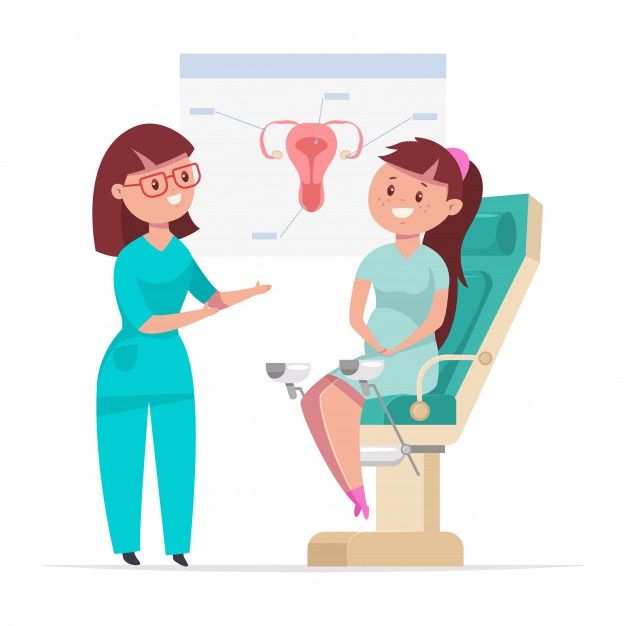 And at the birth she had 5 people gathered. But in the end, fortunately, she gave birth herself.
And at the birth she had 5 people gathered. But in the end, fortunately, she gave birth herself.
Then there were other stories, then I read Solomatina and finally decided for myself that in terms of childbirth, obstetricians-gynecologists are “shoemakers without boots”. Instead of mastering the "technology" and giving birth to a bunch of kids, they are fine if they give birth to one or two. nine0010
In general, it is clear why this happens. An obstetrician-gynecologist, like no one else, perceives childbirth as a medical event. And it is such (meaning natural childbirth) is only partly. In childbirth, you need to relax as much as possible, disconnect from the environment, trust nature and surrender to the influence of the subcortex. This is the key to successful opening of the cervix, effective work on attempts. It is difficult even for an ordinary woman to relax in childbirth (and without preparation and training, most likely, it will not work), and for a woman who treats her own childbirth process as a controller (and a doctor even when she gives birth, it is still a doctor), it is almost impossible at all . nine0010
nine0010
Of course, like everywhere else, there are exceptions. Please don't write to me that you know male OB/GYNs who deliver babies to their wives, or a female OB/GYN who has 5 children. Both I and every reasonable person understand what it is. I also know such cases, but they are few. In general, I do not pretend to any rule now with my observation. Everything that I have just written is at the level of my feelings. There is no static data, at least I did not conduct research, and I am not familiar with strangers (if any). There are studies by perinatal psychologists that women with higher education have more difficulty giving birth than simple, rural women, and so on. A lot of thoughts give birth, definitely interferes. nine0010
It's not all bad though. Flashes definitely happen. For example, an obstetrician-gynecologist who gave birth not in the maternity hospital where she works, but specially in another. Not by agreement, but with the team on duty. Not with an epidural, but on her own.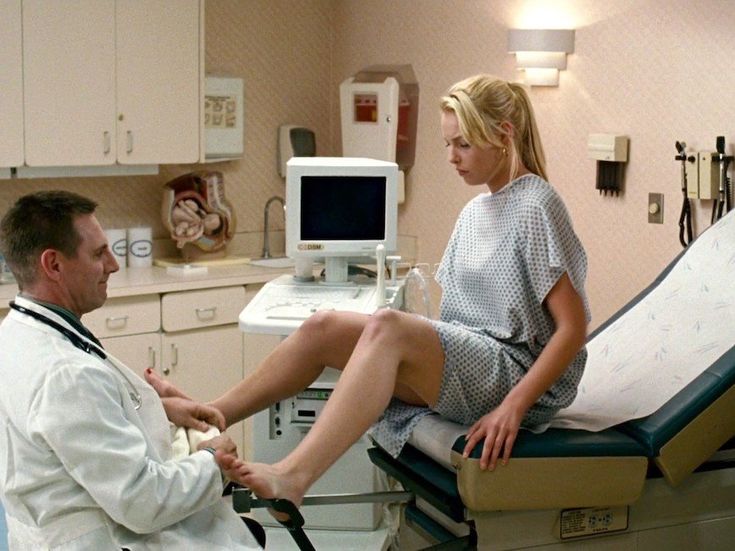 There is one, I know one, and, of course, she works in our online childbirth school. Or rather, that's why she works, because she looks at the process of childbirth with the same eyes as the entire SHR team.
There is one, I know one, and, of course, she works in our online childbirth school. Or rather, that's why she works, because she looks at the process of childbirth with the same eyes as the entire SHR team.
So why did I write in such detail about obstetrician-gynecologists giving birth, since all this is at the level of unsubstantiated conjectures? nine0330 I really want the girls who are going to visit the delivery room on a case to be able to look at the obstetrician-gynecologist not only as a professional, but also as a person (you can fantasize about her childbirth). This will help to switch attention from oneself and remember that the doctor is also a living being with his own feelings, emotions and experiences. Not only can he affect your birth, but YOU AFFECT HIM.
There is something mystical in this: helping others to be born, saving lives and health, a person makes his own way in childbirth difficult. Here is such a professional deformation. Psychologists, psychoanalysts work with supervisors, that is, with consultants who help not to load yourself after talking with clients.

